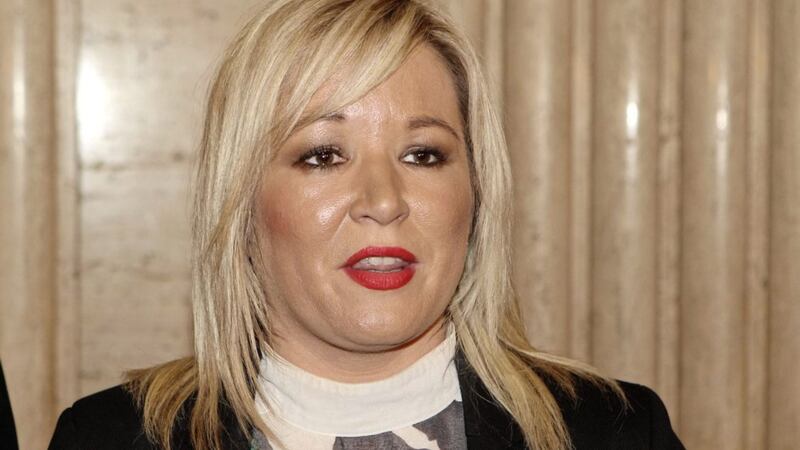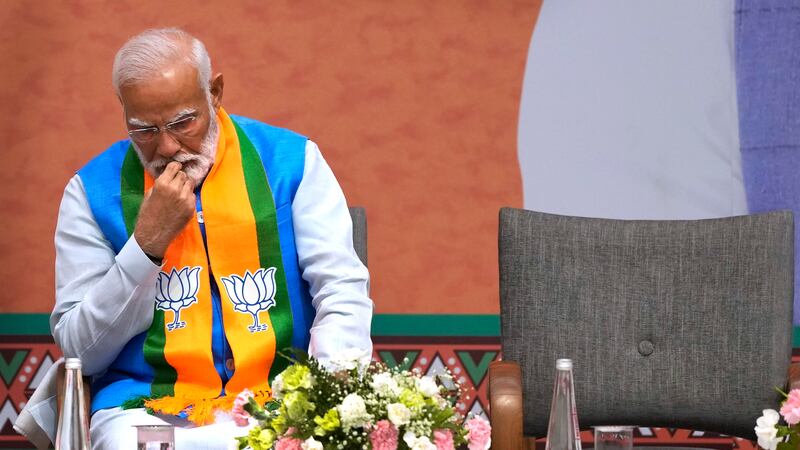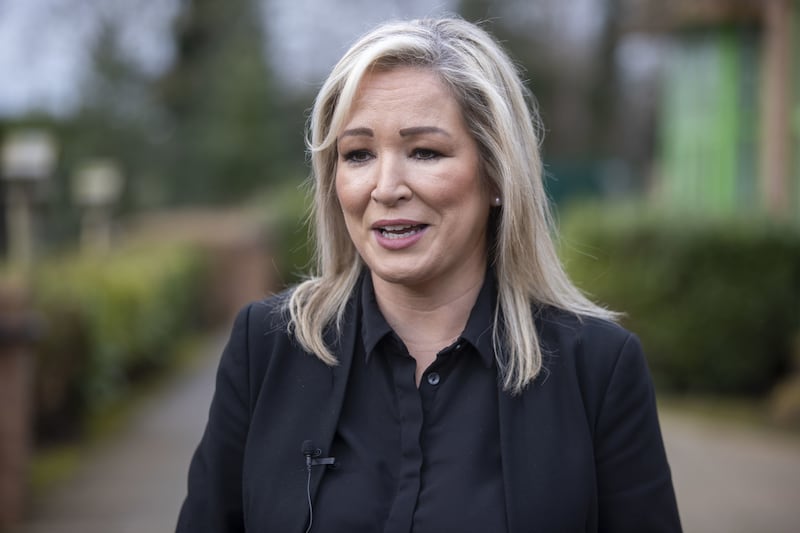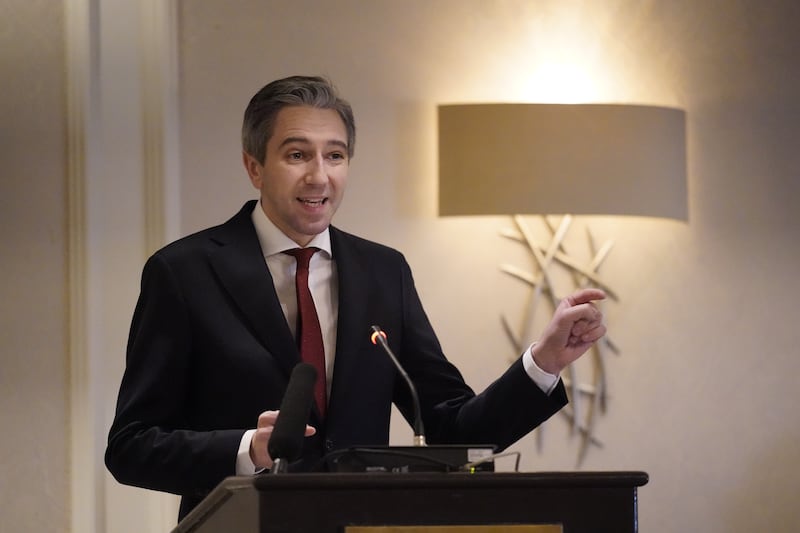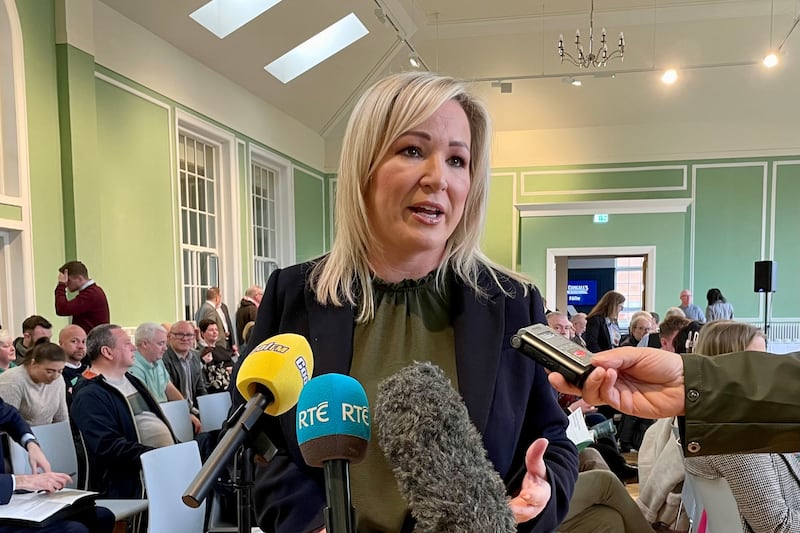Michelle O'Neill, Sinn Féin deputy leader:
THERESA May’s visit to Ireland last week, when she provocatively re-iterated her intention to scrap her commitments to the EU and Ireland, was further evidence of the toxic impact that her party’s pact with the DUP is having on the political process and the lives of ordinary citizens.
This cannot continue when the British Irish Intergovernmental Conference finally meets today, or an opportunity to unlock the political crisis and pave the way for a restoration of the power-sharing institutions will be lost.
If the Conference is to be successful, the British government must leave its reliance on the DUP at the door.
The toxic pact between the Tories and the DUP has poisoned our political process for too long. It has been central to the failure to restore the institutions to date.
Against the odds, the parties had reached a draft agreement back in February that would have seen the Assembly and Executive restored within days.
But when it came to the crunch, the DUP could not or would not deliver. They refused to honour the agreement and instead collapsed the political negotiations.
They were able to do this because they knew they would face no challenge from the London government.
And that is the fault-line in the current process that must be repaired if the conference is to be successful.
The British government are supposed to be rigorously independent co-guarantors of the Good Friday Agreement.
Had they been fulfilling that role, then they would have confronted the DUP’s refusal to embrace that agreement long before now.
Instead they placate, they pander and they provide cover for the fact that the DUP still refuse to share power on the basis of equal treatment for all citizens. The DUP feel so little pressure from London that they are adamant, bullish even, that they will not move on the issues of rights and equality which are at the heart of the crisis.
However, discriminatory positions on marriage equality, language rights, coroners' inquests and women’s health are simply unacceptable for any administration that wishes to describe itself as democratic and egalitarian.
In addition to these rights issues, there are a number of other areas that must be addressed as a matter of urgency, including Boundary Commission changes; Policing Board appointments; cross-border bodies; the All-Ireland Single Electricity Market, the impact of austerity cuts on our public services like health and education and, of course, Brexit.
Resolving these issues at the Inter-governmental conference and within the framework of the Good Friday Agreement would present a clear pathway back to re-establishing the institutions.
But that will require confronting the DUP’s anti-rights, anti-democratic and anti-equality agenda.
We will know very soon if Theresa May’s administration is finally prepared to do that.
And while London is the chief influencer on the DUP, there is also a major responsibility for the Irish government.
They too are co-guarantors of the Good Friday Agreement.
They too would not tolerate the denial of rights that citizens in the north have had to endure.
They too are victims of the Tory-DUP pact because we have seen in recent days how Theresa May – in order to placate the DUP and their allies in the hard Brexit camp - was prepared to jettison the so-called ‘cast-iron’ guarantees she gave Leo Varadkar last year.
The Taoiseach should not allow himself to be taken in again.
When the Conference meets today, the Irish government must assert itself in the national interest and in defence of all citizens on the island.
They must insist that previous agreements are honoured. They must insist that all citizens are treated fairly and equally.
And they must finally address the cancer at the heart of this process and demand that the rights of citizens and the agreements that underpin our entire peace process are prioritised above self-serving party pacts.
